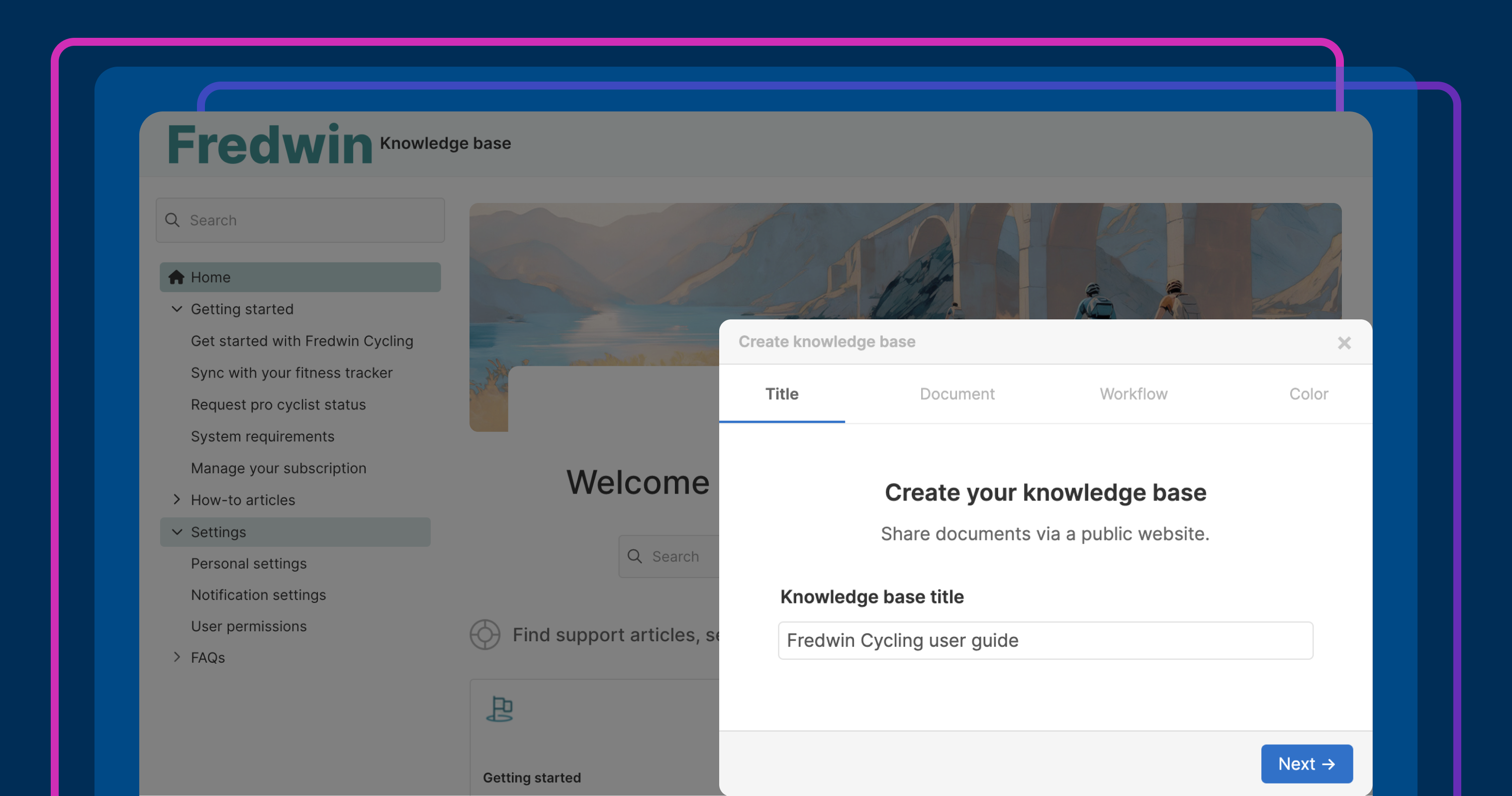Fake Online Car Dealership Scams Are More Convincing Than People Think
Don't trust a deal that's too good to be true.

For decades, the only way to buy a car was to physically go to a dealership. If that idea gives you an anxiety attack, you’re not alone, so it’s a relief to know that the industry is finally embracing online shopping—even Amazon has gotten in on the act, and about half the buyers in one survey shopped for their car online.
But just like anything else on the internet, buying a car online comes with the risk of fraud. Scammers are setting up entire fake online dealerships and ripping people off to the tune of tens of thousands of dollars. You might think you’re too savvy to get fleeces like that (who buys a $50,000 car sight unseen anyway?), but the risk is real. These fake online car dealership scams are fairly sophisticated and can be difficult to spot—it’s gotten so bad that some states, like Wisconsin, have issued official warnings about it.
How online car dealership scams work
At its core, the scam is pretty simple: A scammer sets up a fake dealership website. Sometimes it’s an entirely fictional dealer, and sometimes the scammers hijack a real dealership's name and set up a fake site for it, often scraping the dealership’s legitimate website for graphics, text, and photos to make everything look legit. Sometimes they claim to sell classic cars, but just as often they pose as regular dealers.
Step two is to adjust all the pricing on the vehicles so they’re incredibly attractive to potential buyers. In the current economic environment, where cars—used and new—are majorly expensive, folks who stumble on an amazing deal are more likely to get sucked into the scammers’ sales funnel. The "dealer" will be very responsive to messages from marks, and will provide everything you would expect a legitimate car dealership to provide—including photos and documentation. It can be extremely difficult to tell that you’re not interacting with an actual car dealership.
The scam really kicks into gear when it comes time to make a down payment or negotiate a sale. Scam dealerships will usually require payment in unusual ways—typically via wire transfer—and then cease responding once they've got your money. A man in North Carolina lost $40,000 last year when he tried to buy a truck from a site claiming to sell “repossessed” vehicles at extremely low prices, while a California resident lost $24,000 to a fake online dealer when he thought he was buying a classic car. And this guy on Reddit apparently lost $55,000 to a sophisticated fake online dealer.
What to look for
The scam works for a few reasons: People are increasingly comfortable making large purchases online, the in-person car buying experience is kind of terrible, and it’s relatively easy to set up a website that looks exactly like a real car dealership.
If you’re thinking about buying a car online, there are a couple of things you should look for when considering an online dealership:
Check with your state’s Department of Motor Vehicles or Department of Transportation to see if it maintains a list of authorized car dealers in the state, and if the dealership you’re considering is on the list.
If it’s a local dealership, look up the phone number independently and contact them to ensure the website is legitimate.
Be wary of unusually low prices, an inability to physically inspect and test-drive the car, and an unusual payment process.
Buying a car online is convenient and less obnoxious than doing it in person—but it’s also a little more dangerous. A little extra due diligence can save you a lot of trouble.
































































































![Building A Digital PR Strategy: 10 Essential Steps for Beginners [With Examples]](https://buzzsumo.com/wp-content/uploads/2023/09/Building-A-Digital-PR-Strategy-10-Essential-Steps-for-Beginners-With-Examples-bblog-masthead.jpg)



![How One Brand Solved the Marketing Attribution Puzzle [Video]](https://contentmarketinginstitute.com/wp-content/uploads/2025/03/marketing-attribution-model-600x338.png?#)






![How to Use GA4 to Track Social Media Traffic: 6 Questions, Answers and Insights [VIDEO]](https://www.orbitmedia.com/wp-content/uploads/2023/06/ab-testing.png)







![[Hybrid] Graphic Designer in Malaysia](https://a5.behance.net/920d3ca46151f30e69b60159b53d15e34fb20338/img/site/generic-share.png)
























